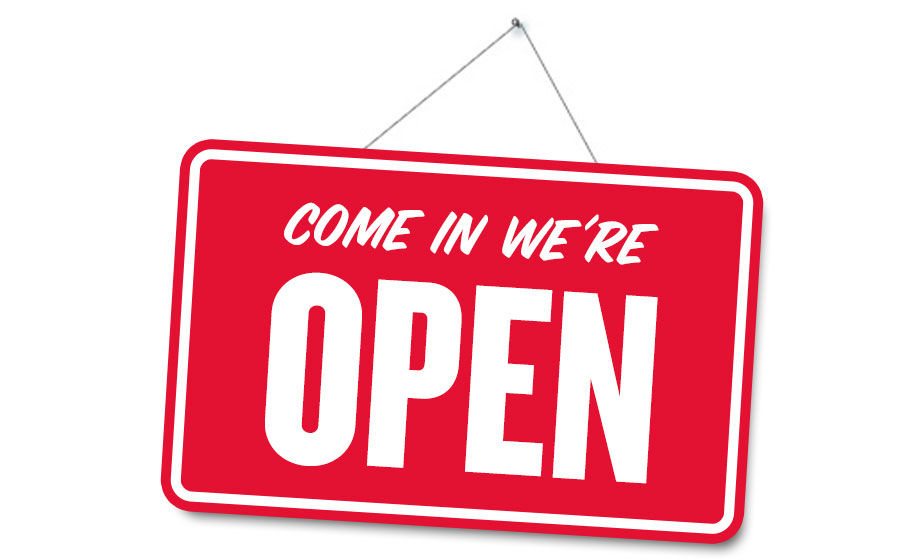A nation full of self service checkouts and security guards.
- jennybarnes2
- Jun 5, 2019
- 3 min read
Updated: Sep 9, 2021
“When I grow up I want to be a merchandiser”, said no child ever!
What is a Merchandiser anyway?

My Story of Merchandising
I am Jenny Barnes, and I wanted to run a shop.
I have an aptitude for numbers and problem solving. The careers advisor at my school said I should be a data statistician but had not explained what that job entailed. It turns out these are pretty relevant traits for a merchandiser. But what is a merchandiser?
I like to think that I’m well up on what a merchandiser is, because I was trained in my earlier career by the the very people who gave the name to the title. They were the merchandise planners at Tesco, who were leading the way in creating the best shopping experience.
I was 12 months into pursuing my retail career before I had even heard the job title merchandiser, which I have now used to describe my trade for the last 12 years. My first shop role was on the shopfloor. I was good at selling, signposting the customer to what they needed, up-selling and helping shoppers enjoy the customer experience. The thing that I had no influence over was the range, the pricing and the level of stocks we had. With no opportunities for progression and stuck in a role that could not influence the range, I pursued a role in the buying function.
Where are the buying functions located?
There were few buying functions located in the north of England. Within weeks I had two offers to consider, one involved relocating to work in a company top of its class, and another selling on a TV shopping channel. I took the job as trainee merchandiser for the traditional bricks and mortar shop and relocated. Merchandising was sold to me as getting the right stock to the right place and ranging it well.
I joined Tesco in 2006. The job was great. The company was thrilling. The team were keen and the company values were palpable. Tesco enhanced my natural aptitude with technical skills that enabled me to succeed. Opportunities at Tesco were plenty, employees were encouraged to drive their own professional development plans and the Tesco Academy was open to all. I was shown how to manage multiple SKUs and stores’ stock levels by using numbers on a spreadsheet as indicators of what actions I needed to take.
Since Tesco, I have had companies invest in my leadership skills and in return I have applied my merchandising skills whilst selling everything from cat food, dog fashion to perfume in a constantly changing shopping world.
Which tasks are fulfilled by merchandisers, AKA supply planners , AKA category analysts?
There are many key performance indicators that are important health checks to show how your stock is working for your business, sales and margin are very important but so is stock turn, stock investment, market share, product positioning, competition, presentation stocks, customer transactions, working within a budget. Then there are supply chain factors to layer in. Lead-times from all over the world, capacity planning with factories, filling shipping containers considering space in your own warehouse. Getting that product through from source to stores in a timely fashion is a complicated task.
As a merchandiser I would interact with many different business functions to track and trace, review and do, plan and trade, position and create. I would analyse the numbers. I believed in the product. I recognised and understood the role of everyone in the delivery of those ranges from the manufacturers to the shelf fillers to make ranges land in stores and sell.
What I have witnessed happen in merchandise planning...
I have been part of the smartphone revolution, e-commerce, multi-channel and the Internet of Things.
I have seen business leaders lack appreciation of the skills needed in supply chain and merchandising that keeps track of important business health metrics.
I’ve seen systems out of control, creating cash flow issues for stores.
I’ve seen cost reduction routines negatively impact the shopping experience, facilitating the growth of warehousing over shops.
I’ve had to work with forecasting systems with clever algorithms, which needed more data cleansing than offered help in buying the right levels of stock.
I have not seen merch planning and supply chain people get the kudos they deserve.
What do I hope for the future of merchandising?
I hope that careers in merchandising are better understood, as we were a nation full of shopkeepers after all!
We can shape and support businesses to create a shopping world that is:
Better for society
Not a race to the bottom on price
More community focused with social responsibilities taxed fairly
Upholding consumer culture
Recognise merchandise planning as a highly skilled job, fairly paid and something you can progress within.
Want help getting your Merchandise planning function working better, ivity is the great partner to embed the skills needed and raise the bar.

Comments